Symptoms may be mild, but don’t be fooled — any heart attack is serious
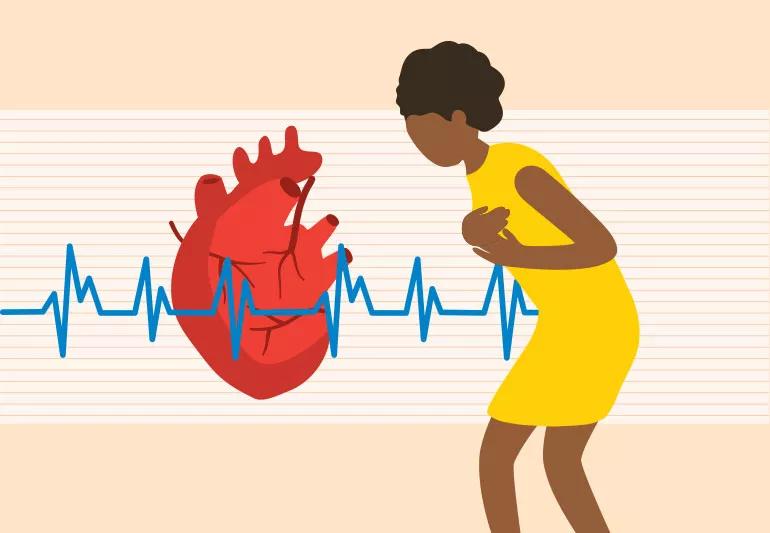
Drama surrounds a Hollywood heart attack. The doomed character on screen typically clutches at their chest as pain paints their face. Then, they stagger and collapse in a twisted heap. (End scene.)
Advertisement
Cleveland Clinic is a non-profit academic medical center. Advertising on our site helps support our mission. We do not endorse non-Cleveland Clinic products or services. Policy
But in real life, that’s not what most people typically experience during a myocardial infarction (aka, heart attack). Symptoms tend to be far more subtle. In some cases, in fact, people might not even realize their ticker is in trouble.
So, what are the signs of a heart attack? Let’s find out from cardiologist Leslie Cho, MD.
Video content: This video is available to watch online.
View video online (https://www.youtube.com/embed/s78vlbxQoFk?si=nnfpTPJj8X9PFI87)
YouTube video player
So, what does a heart attack really feel like? People most often report:
Advertisement
Some people only learn they’ve had a heart attack following a medical checkup that takes place weeks or even months after the cardiac event.
How could someone not know, you ask? Well, not all heart attacks are equal when it comes to bringing the hurt. “Mild” heart attacks can bring symptoms that mimic indigestion or general tiredness — feelings that might not set off alarms in your head.
Plus, nobody wants to believe that they’re having a heart attack. People often ignore their symptoms. “Denial is real when it comes to heart attacks,” states Dr. Cho. “You want to wish it away.”
It takes a clinical evaluation along with blood tests and an electrocardiogram (EKG) to definitively diagnose a heart attack.
For the most part, men and women experience similar heart attack symptoms. But about one-third of women (and people AFAB) experience different symptoms from men (and people assigned male at birth).
Women and people AFAB are more likely to experience:
Women and people AFAB are less likely to experience:
Not all chest pain is a heart attack symptom, clarifies Dr. Cho. Pain is unlikely to be heart-related when it:
Given the sometimes-subtle symptoms, it can be hard to know what’s a heart attack and what’s not. The best rule? If there’s any sense that what’s happening could be a heart attack, seek help immediately.
Any heart attack — even a minor one — can damage your heart muscle. Early treatment can minimize that damage.
“Every minute truly counts with a heart attack,” stresses Dr. Cho. “If you feel like something’s wrong, get seen. Don’t ignore chest pressure, shortness of breath or nausea that lasts for more than 10 minutes and seems to be getting worse. Listen to your body.”
In general, call 911 if:
Advertisement
And it is important to call 911 for an ambulance. The reason? About 1 in 300 people having heart attack symptoms end up developing a life-threatening arrhythmia on the way to the hospital. If it happens in the ambulance, treatment can begin immediately.
If you’ve read this far, you’re obviously concerned about the possibility of having a heart attack. Now the good news: You can take proactive steps to prevent a heart attack from ever happening.
“Even if you have the world’s worst family history, heart disease and heart attacks are largely preventable,” clarifies Dr. Cho. “You do that by controlling your blood pressure and cholesterol, exercising regularly, eating a healthy diet, managing your weight and never smoking.”
But if you’re among the more than 600,000 people a year in the United States who have their first heart attack, act swiftly to get treatment. “Getting seen right away can save your life,” emphasizes Dr. Cho. “Be proactive. Don’t wait if you have symptoms.”
Advertisement
Learn more about our editorial process.
Advertisement
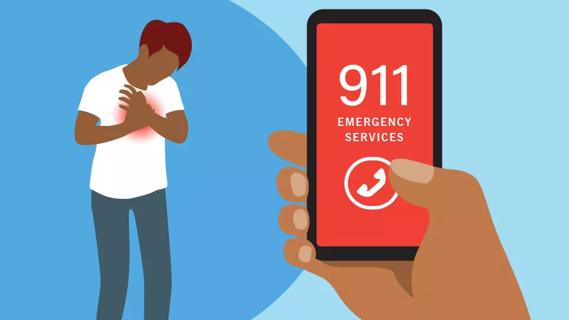
There’s no way to stop it once a heart attack is happening, but the most important thing you can do is to call for help
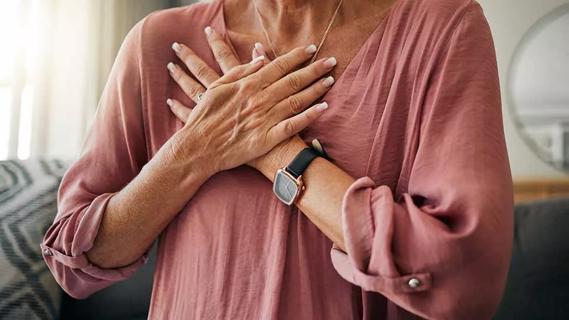
To help determine what you’re experiencing, focus on how the pain feels, the location of the pain, when it started and how long it lasts
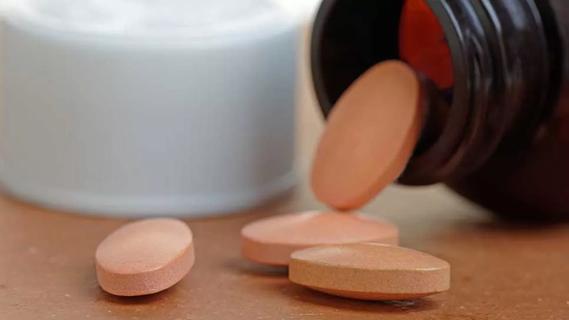
Stopping this critical medication on your own increases the risk of heart attack, stroke and more
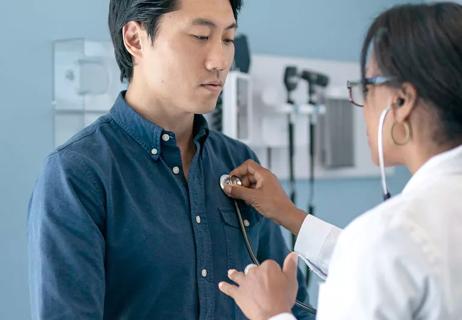
Subtle heart attack warning signs include pressure, cold sweats and fatigue

Sedentary lifestyles are driving up heart attack numbers in the under-40 crowd

Lifestyle choices involving food, exercise, sleep and more can help reduce your risk
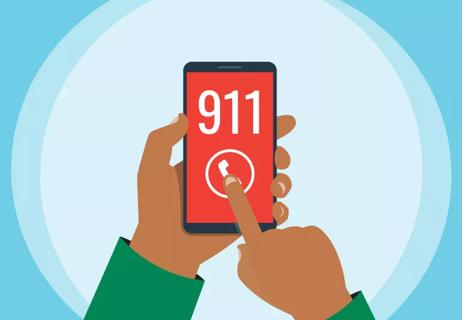
Get the answer from an interventional cardiologist
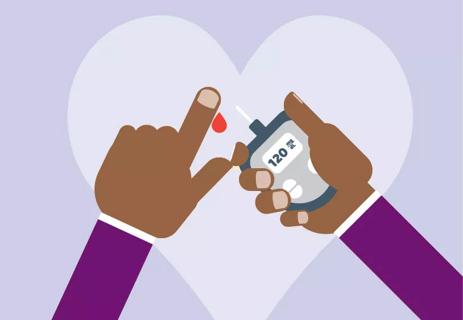
When symptoms are muted, listen closely to your body

Type 2 diabetes isn’t inevitable with these dietary changes

Applying a hot or cold compress can help with pain